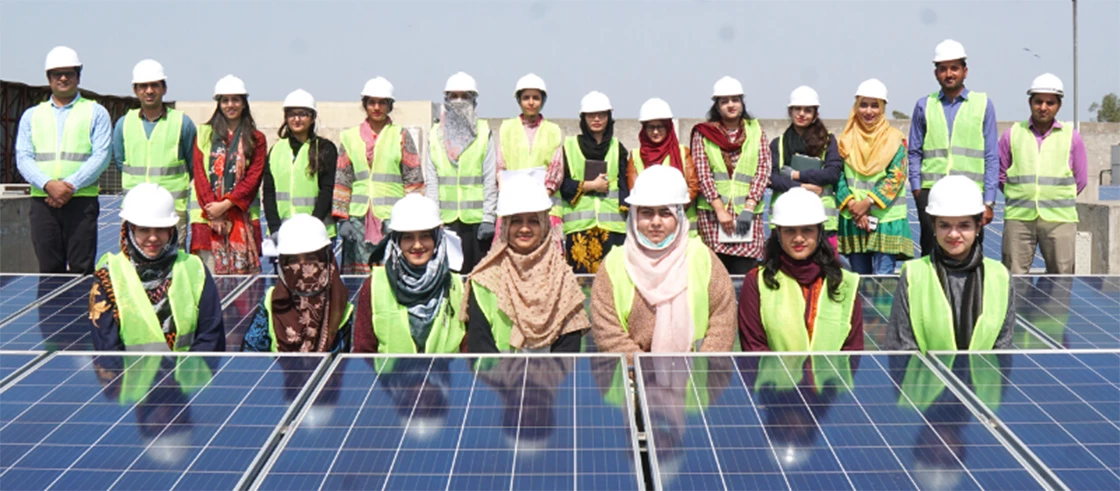 Pakistan's Energy and STEM organizations are stepping up to recruit more women in the energy sector. Photo Credit: Women in Energy Pakistan
Pakistan's Energy and STEM organizations are stepping up to recruit more women in the energy sector. Photo Credit: Women in Energy Pakistan
"This event was really helpful for all the job seekers like me. Due to family restrictions, I can't apply for office jobs, so I have been looking for remote work opportunities. This platform helped me explore those openings," says Ramsha Ali, an engineering student from Pakistan.
Ramsha was among the 1,500 registrants for Pakistan's first-ever virtual job fair STEM Forward 2020 Job Fair. As Pakistani graduates and young professionals face unprecedented challenges amid COVID-19, the fair helped them connect with energy sector employers, fine-tune resumes and prepare for job interviews through an interactive digital platform.
Almost half of the participants were women seeking new or better employment opportunities. The job fair's success shows how Pakistan's Energy and STEM organizations are stepping up to recruit more women in the energy sector and create a work environment where women are successful.
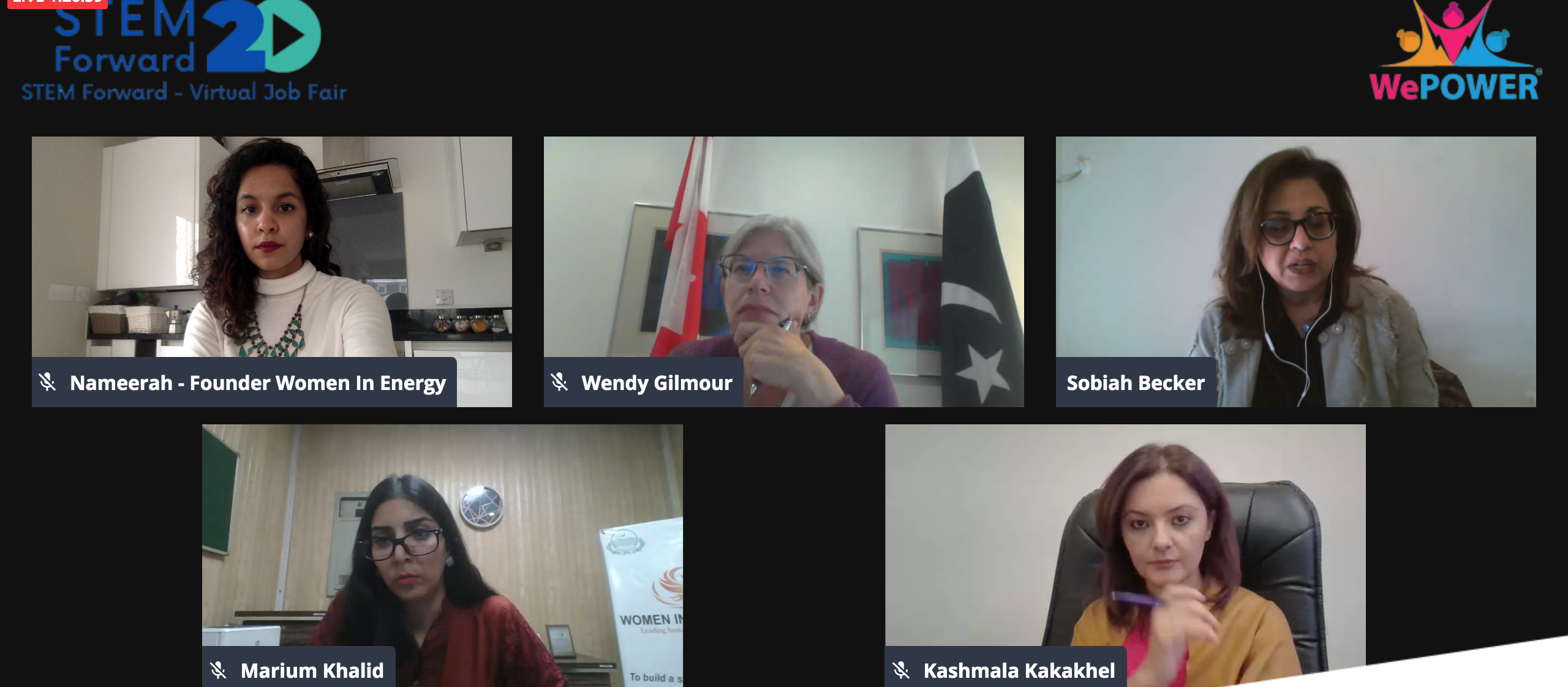
The WePOWER Baseline Assessment report shows that Pakistan's energy utility workforce includes a mere four percent of women. Only 15 percent of faculty in Pakistan’s technical universities are women. This despite Pakistan holding the second-highest percentage of women students enrolled in engineering programs in South Asia at around 21 percent.
As Pakistani graduates and young professionals face unprecedented challenges amid COVID-19, the fair helped them connect with energy sector employers, fine-tune resumes and prepare for job interviews through an interactive digital platform
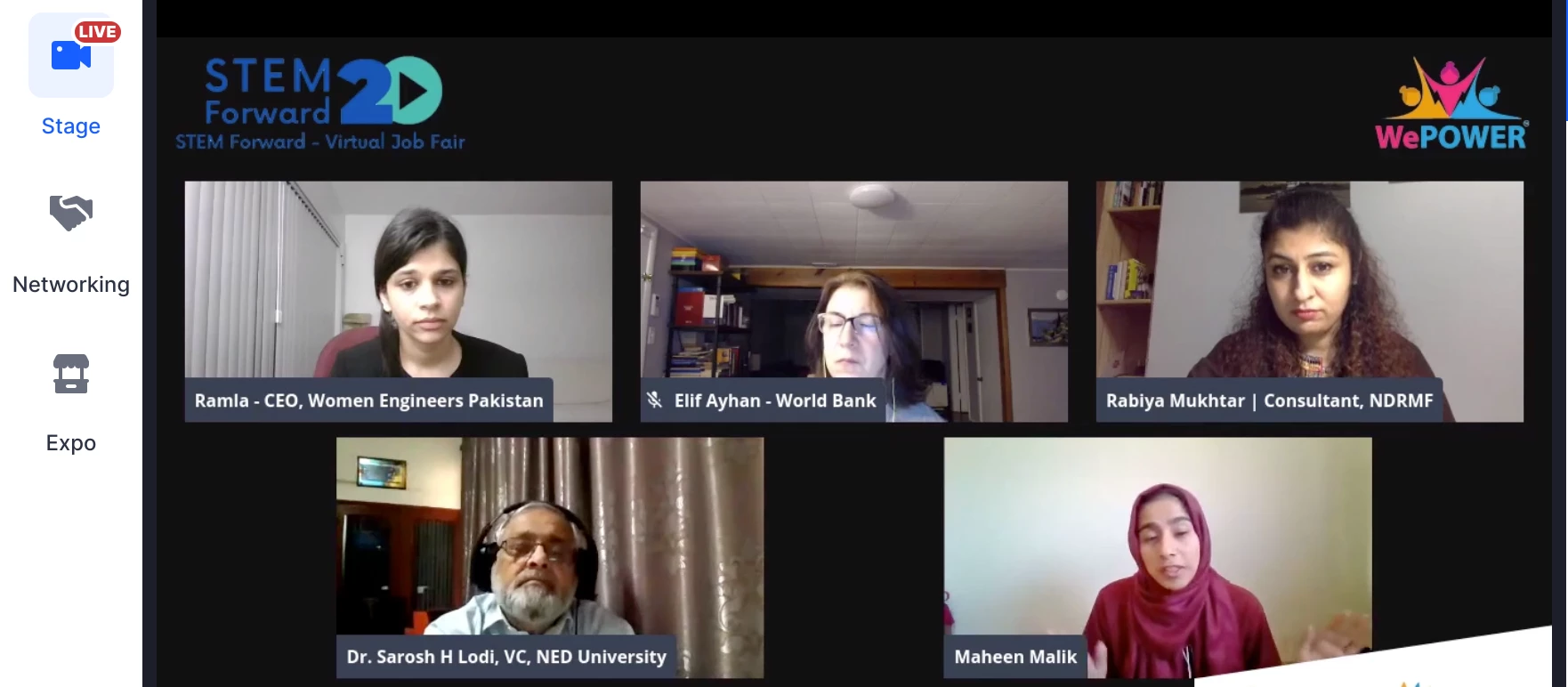
Key takeaways
A key lesson learned from the panel discussions is that STEM fields are instrumental in addressing Pakistan's challenges, such as its growing youth bulge, climate change threats, and the changing nature of work towards digitization.
Dr. Sarosh Lodhi, Vice-Chancellor at NED University, Karachi, emphasized the importance of a STEM-skilled workforce in mitigating the impacts of COVID-19 and floods, and preparing for a resilient recovery.
The panel discussion," Pakistan's Clean Energy Transition," featured female Pakistani experts in the clean energy sector, who spoke of the need to upskill Pakistani female employees for upcoming green jobs.
"The energy sector in Pakistan is headed in a good direction. We have made progress by leaps and bounds. When we started, we did not have many internship opportunities or counseling, but now we mentor the younger generation," said Fiza Farhan, a Board Member at the Diamer Basha Dam
"The energy sector in Pakistan is headed in a good direction. We have made progress by leaps and bounds."
At the panel "Renewable Energy in Pakistan: Opportunities and Critical Skills," World Bank Country Director for Pakistan Najy Benhassine noted that policies to promote renewables go hand in hand with educational, industrial, and labor policies. Such policy coordination can help anticipate demand for specific skills and improve relevant financing, education, and training.
Panelists also touched upon collaboration opportunities between organizations and professional networks to empower women in energy and STEM fields. For example, Women in Energy Pakistan (WIE), which aims to build a strong network of female professionals, and foster a culture of career development for more female leaders, maintains strong industry linkages with the National Electric Power Regulatory Authority (NEPRA), K-Electric, Engro Energy Limited, and WAPDA.
The Women Engineers Pakistan (WEP) has been working closely with students and technical universities for over seven years, linking them up with WePOWER Partners in Pakistan and energy sector organizations keen on hiring top women talent.
STEM fields are instrumental in addressing Pakistan's challenges, such as its growing youth bulge, climate change threats, and the changing nature of work towards digitization
Looking ahead
Since the event, several tech and energy companies based in Karachi have already collected pre-screened CVs at the job fair and matched them with their job openings. The fair organizers have also reported an uptick in requests for resume reviews from female graduates and professionals, indicating that professional development workshops were helpful.
The hallmark of this event was to provide a direct line of access between young female graduates and the recruiters and foster high-value professional networks in a safe and respectful online space. Similar initiatives in other South Asian countries will be organized.
"I am thrilled that WePOWER is continuing to do this work even through the crisis. It is very clear to me that young women entering the workforce hold the future of this country in their hands," noted World Bank Pakistan Operations Manager, Melinda Good—see her full video message here.
The Job Fair was organized by Women In Energy Pakistan and Women Engineers Pakistan, along with WomenInTechPK and CodeGirls. Women In Energy Pakistan (WIE) and Women Engineers Pakistan (WEP) are strategic partners of the South Asia Women in Power Sector Professional Network (WePOWER). WePOWER is a network of partners and a knowledge platform for driving normative change in female participation in the energy sector and STEM education. The World Bank’s South Asia Region Management supports WePOWER and has authorized the South Asia Gender and Energy Facility II to continue supporting the partners as the Interim Secretariat of the network. WePOWER, along with its local partners, will be developing Gender Activity Modules, including a module on Job Outreach for Women Students and Engineers to benefit and support female engineers in the region.

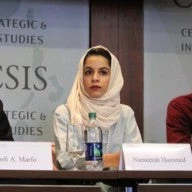
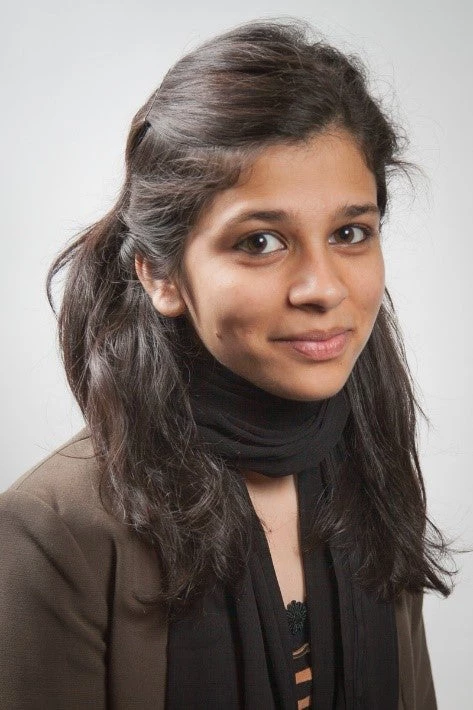
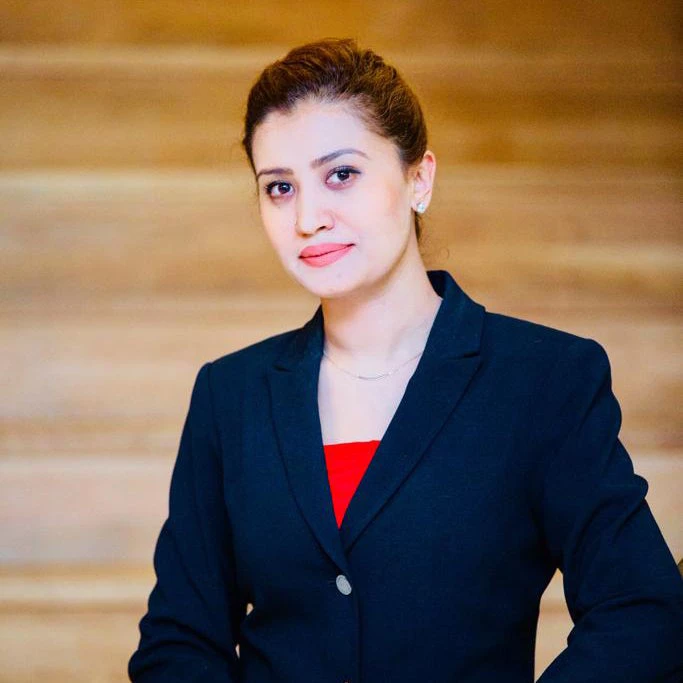
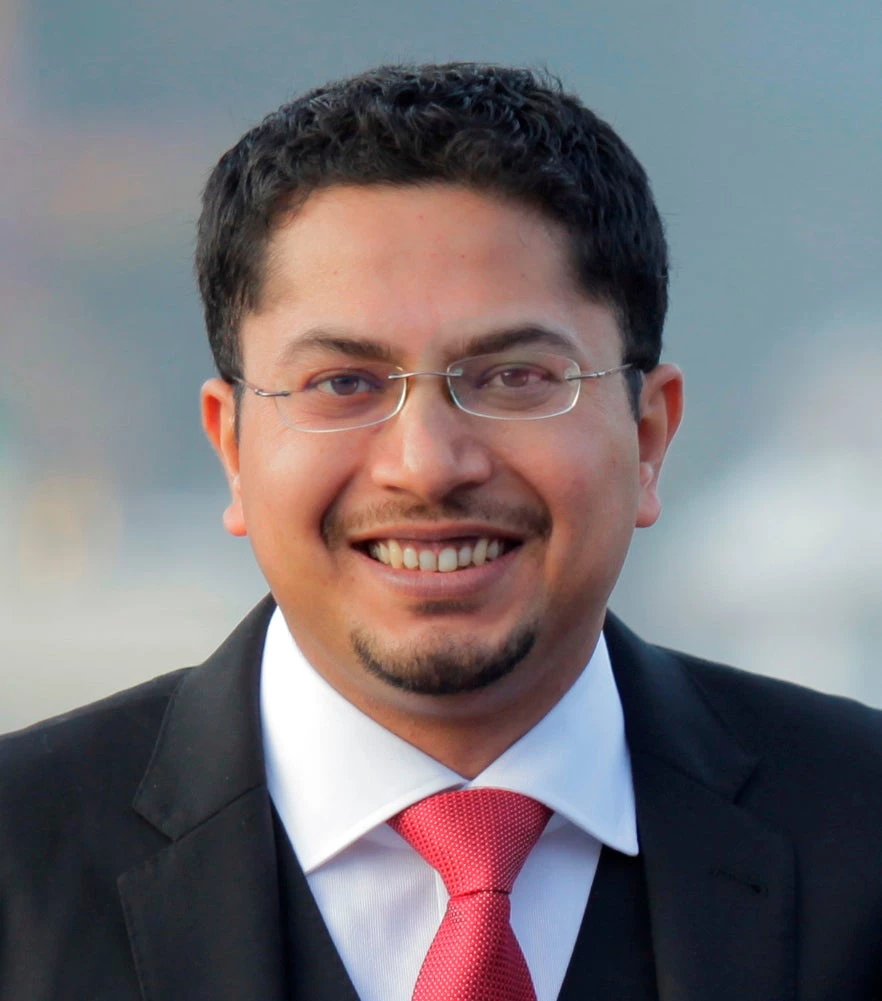
Join the Conversation